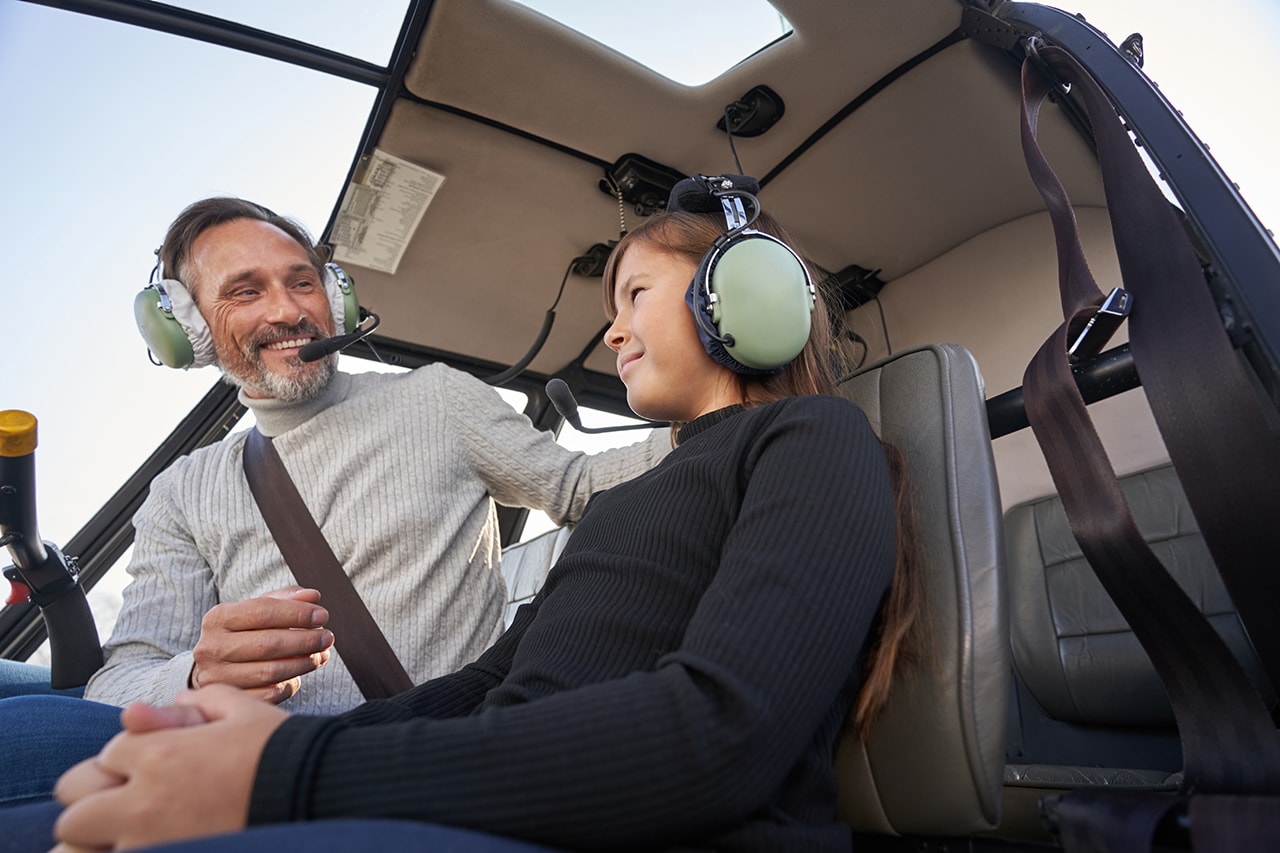Top Pilot License Denver: Your Guide to Flight Training Excellence
Nov 07, 2024
Why Choose Denver for Flight Training
-
Sunny Weather: Denver is a great place for flight training because of the weather, over 300 days of sunshine a year. More consistent training with less interruptions, more flight hours built in. The varied light condition from the sunshine also helps pilots become more adaptable and confident.
-
Rocky Mountain Challenges: Training in Denver gives pilots the unique challenges of the Rocky Mountain Front Range. Different wind patterns and altitudes, valuable experience in navigating those conditions.
This includes specialized mountain flying training, which covers safety measures and survival techniques specific to mountainous regions. Prepares pilots for real world scenarios, makes them more skilled and versatile.
-
Centennial Airport: As one of the busiest general aviation airports, Centennial Airport is a great place for new pilots. The busy environment simulates real-world flying, teaching students how to manage air traffic and navigate different altitudes. It’s a key part of Pilot Training Denver programs.
-
Close to Destinations: The airport is close to destinations so pilots can fly into different airspace environments. This exposure completes the training, makes pilots proficient in many flying scenarios, which is key to professional development.
-
Aviation Community: Denver has a thriving aviation community with many flight schools and training programs. This community is gold for aspiring pilots, access to resources, guidance and opportunities to learn from experienced pilots.
-
Team Environment: Training in Denver is not just about flying; it’s about being part of a team. Pilots benefit from the team environment, sharing ideas and experiences with peers and mentors, beyond the classroom.
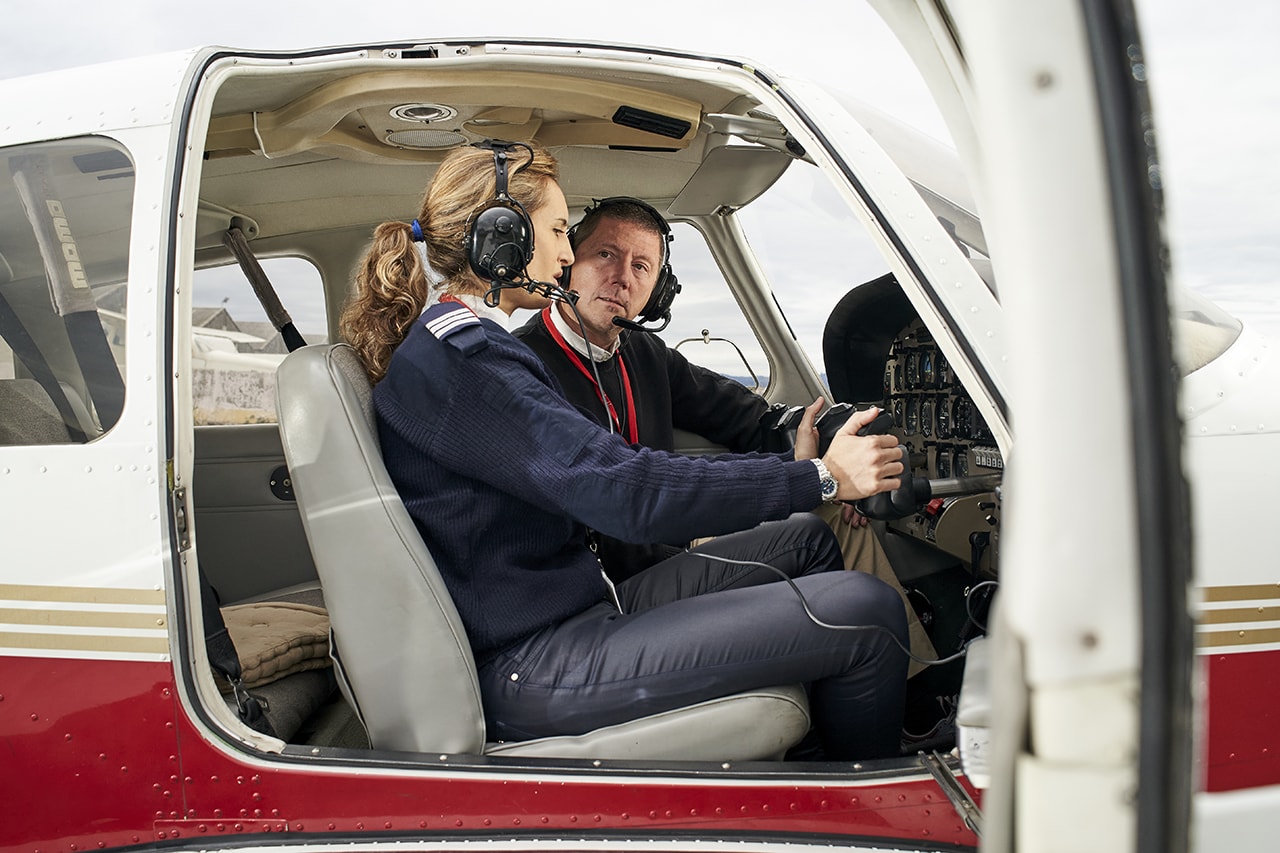
Top Flight Schools in Denver
Denver is an aviation hotbed and has some of the topflight schools in the country. Each school has its own strengths and can accommodate different types of students. Among them, Aspen Flying Club stands out with its large fleet of aircraft.
This allows students to train on different types of planes and develop broad skills—a key to a successful flying career.
Aspen Flying Club also offers a specialized mountain flying course, providing students with essential skills for navigating challenging mountainous terrains.
Independence Aviation has also made a name for itself with excellence and innovation. As the 2016 Cirrus Flight Training Center of the Year, they focus on safety and modern training methods.
With experienced instructors and personalized mentorship, students gain valuable experience and confidence as they prepare for the demands of the aviation industry.
Paragon Flight offers an accelerated program for those looking to get into the aviation industry quickly. This is perfect for future pilots who want to get a commercial license without sacrificing quality of training.
By combining thorough coursework with flying hours, Paragon gives students the tools to succeed in the competitive world of aviation.
Beyond these top schools, Denver has many other great flight schools. These schools offer various programs and certifications to fit different career paths.
From private pilots to commercial aviation students, Denver has options to fit all goals, so it’s the perfect place for aviation enthusiasts to take to the skies.
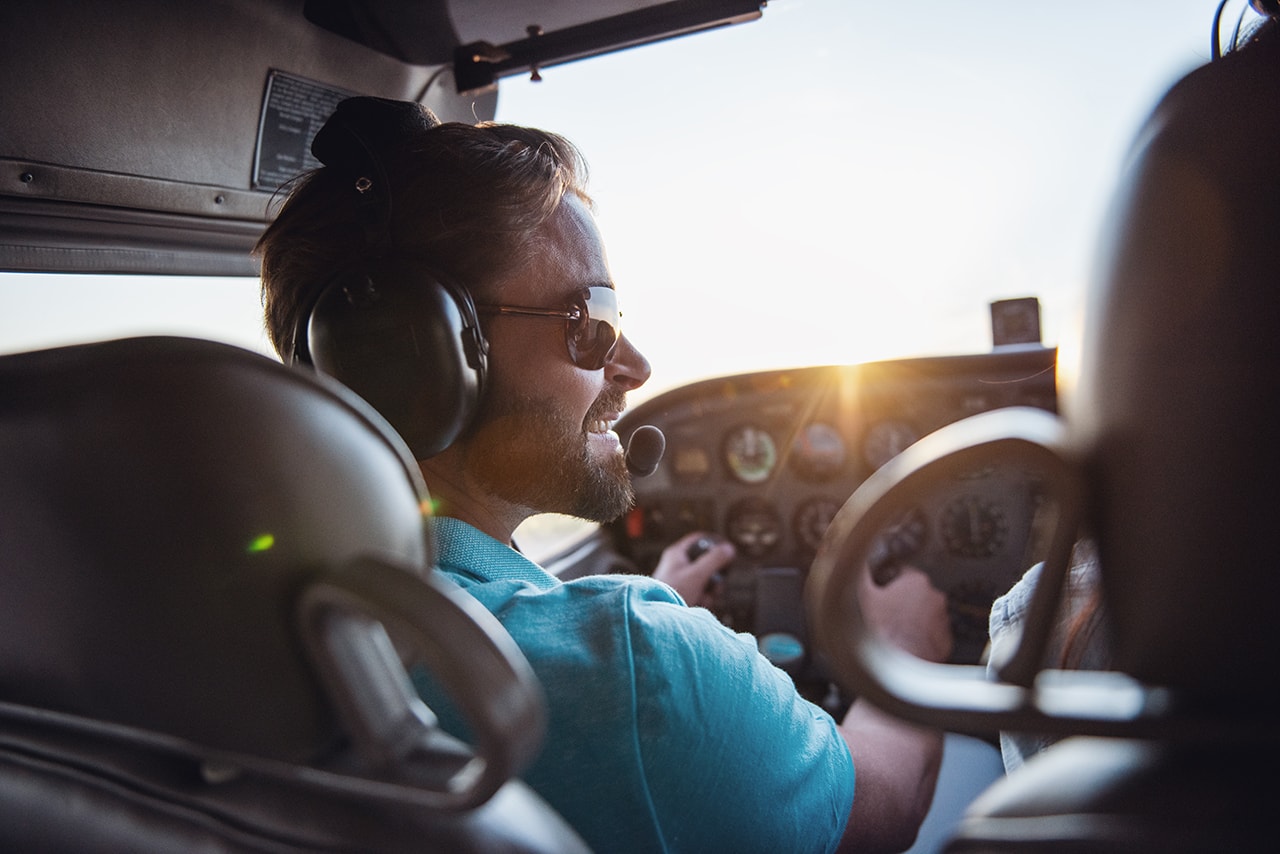
Flight Training Programs and Certifications
Choosing the right flight training program is key for pilots in the making. The journey starts with the Private Pilot program which teaches the basics of navigation, communication and aircraft operation. Perfect for those who love to fly for fun or as a steppingstone to a professional career.
For those looking to fly full time the Commercial Pilot program is the next step. This program is more intense and prepares pilots for various professional roles including airline and agricultural flying.
Additionally, the program includes mountain flying training, which equips pilots with the skills needed to handle the unique challenges of flying in mountainous regions.
With a focus on advanced flying and safety protocols the Commercial Pilot program gets you industry ready.
Mentors in the making can choose the Flight Instructor program to develop teaching skills to guide new pilots. This certification enhances your flying skills and allows you to share your knowledge through instruction, curriculum planning and communication.
Being a flight instructor is a fulfilling path that balances flying proficiency with inspiring future pilots.
For those looking to get a commercial pilot license quickly there are accelerated paths like Paragon Flight’s P3 Professional Pilot Program.
These programs combine theory with flying and don’t compromise on quality. For the driven. Fast track into aviation.
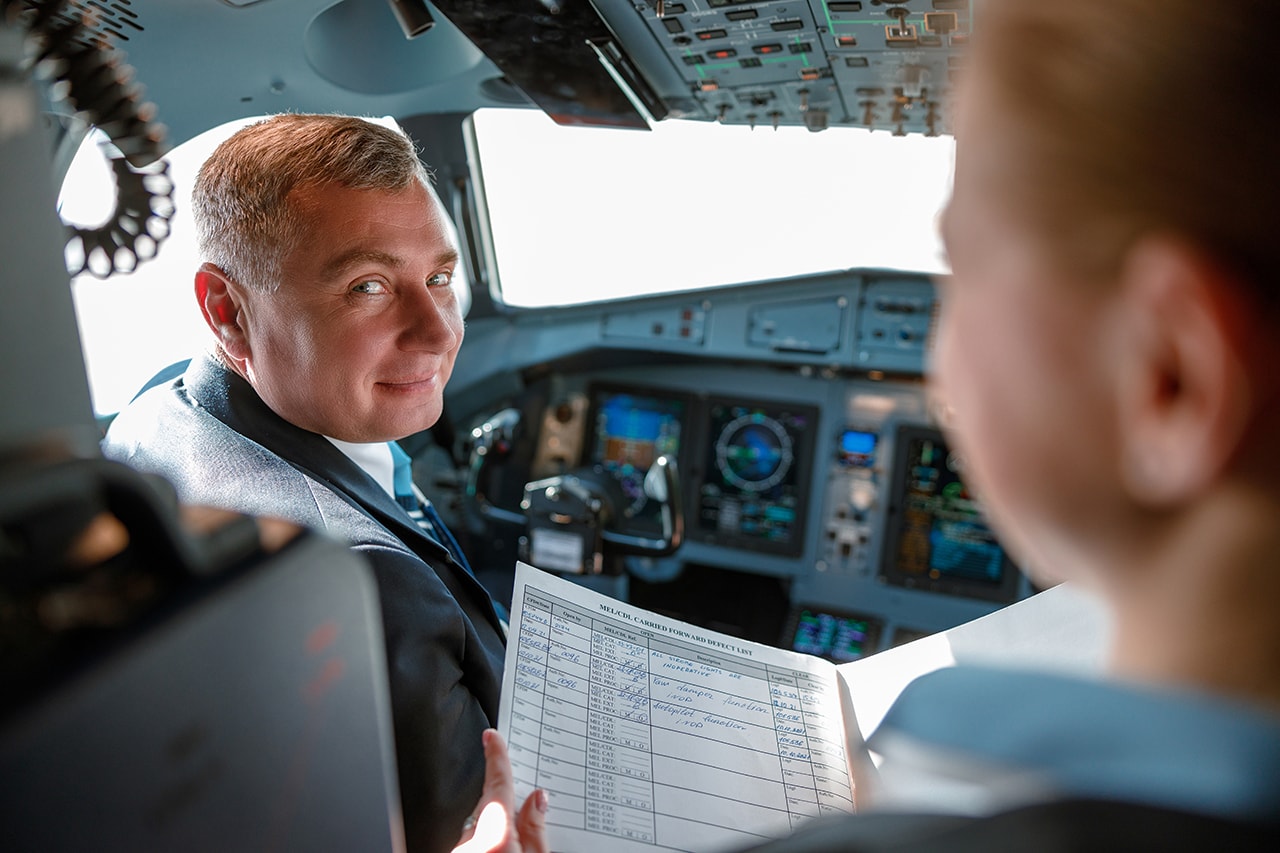
Choosing the Right Flight School
Selecting the right flight school is a big part of the journey to becoming a pilot. One of the first things to consider is the school’s safety record and what other pilots and industry people think of them.
A school with a good safety record means they put their students and staff first and follow the safety protocols to the letter.
Plus, a good reputation among other pilots and industry people means they deliver quality training and produce good pilots.
Another thing to consider is the experience and qualifications of the instructors. Look for a school that employs instructors with lots of flying hours and relevant certifications.
Qualified instructors bring lots of knowledge and a love of teaching and flying which will make your learning experience so much better. They’ll be able to give you one-on-one attention and guidance as you navigate the complexities of Flying Lessons Denver offers.
The school’s fleet of aircraft and equipment is another important factor. Make sure the school has a diverse and well-maintained fleet, including single engine and multi engine planes.
Modern equipment like GPS and autopilot is essential for flight training. Having access to multiple aircraft allows you to get experience in different planes and prepare you for different flying scenarios and make you a more adaptable pilot.
Lastly research the school’s programs and certifications to make sure they match your personal and professional goals. If you are interested in specialized training, look for schools that offer courses in mountain flying, which is crucial for navigating the challenging conditions of mountainous regions.
Whether you want to be a private pilot or pursue a commercial aviation career the school should have programs to match your ambitions. So, you can choose a program that ticks the industry boxes and gets you flying.
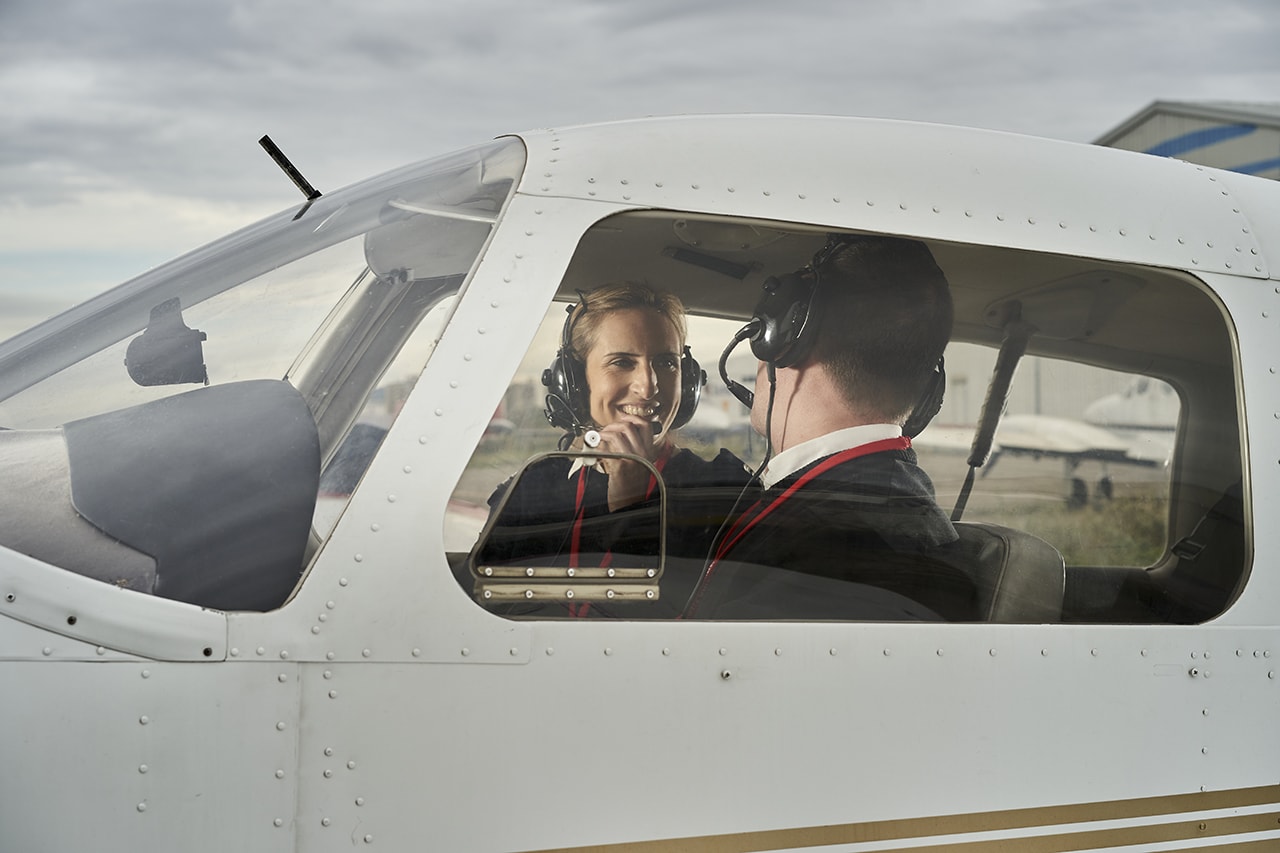
Aircraft and Equipment
When it comes to flight training, having multiple aircraft to train on is key for students. A mix of single engine and multi engine aircraft gives students the opportunity to learn and adapt to different flying conditions.
This diversity is particularly important for mountain flying training, where pilots must adapt to different aircraft and conditions.
This diversity not only adds to a pilot's skill set but prepares them for real world scenarios they will face in their aviation careers. By training on different aircraft, pilots get a full understanding of aviation dynamics which is key to their growth in the air.
Having aircraft equipped with modern technology such as GPS and autopilot is another important part of modern flight training.
These tools aid in navigation and flight management so pilots are proficient in using the latest technology. Familiarity with this equipment is crucial as it’s what’s in commercial and private aircraft today.
Hands on experience with modern technology not only improves pilots' technical skills but also their ability to fly safely and efficiently.
Aircraft must be well-maintained in-flight training schools. Regular maintenance and adherence to safety protocols means planes are reliable and safe to fly.
This focus on safety creates a safe learning environment so students can concentrate on flying without worrying about the aircraft.
A well-maintained fleet shows a flight school’s commitment to quality education and the welfare of their students.
Having access to multiple aircraft during training is a big plus for pilots. This gives them experience on different types of aircraft, each with its own characteristics and handling requirements.
This is key as it gives pilots the flexibility to fly any aircraft they will fly in the future. By training on different aircraft, pilots build a solid base of skills that will last them their whole aviation career.

Instructor Experience and Qualifications
Any flight training program is only as good as its instructors. The flight school has highly trained and experienced instructors who are not just great pilots but great teachers too. They love to teach and create an environment where students can thrive.
Look for instructors who have experience in mountain flying, as this specialized knowledge is invaluable for training in challenging environments.
Safety is at the heart of the program and instructors have a great safety record. Their reputation for safe flying and following industry standards gives students confidence to fly the aircraft in any condition.
All instructors should be FAA certified, having in-depth knowledge of aviation regulations and standards. This certification keeps them up to date with the latest aviation practices necessary to prepare students for real world flying.
Each student gets personalized attention by tailoring the teaching methods to their needs and learning style. This personalized approach not only makes the learning more enjoyable but also builds a strong mentor-mentee relationship, providing support and encouragement.
Cost and Financing Options
When starting your journey to become a pilot, understanding the cost of flight training is key. Denver’s flight schools have competitive pricing on their programs so you can pursue your dreams without breaking the bank.
By comparing schools, you can find an affordable program that fits your career goals. Funding options help even more by offering loans and scholarships. These helps fund your education based on your financial situation and scholarships help reduce training costs.
Some schools offer package deals and discounts for students committing to certain hours or programs. These packages save you money and structure you're learning while keeping rates affordable.
Transparency in pricing is key when choosing a flight program. Schools that are upfront with costs help you avoid surprises and build trust.
Be aware that specialized courses, such as mountain flying, may have additional costs, so it’s important to factor these into your budget. This transparency lets you plan your finances and focus on your aviation goals.
Weather Considerations in Denver
Denver’s weather is tough but fun. As a flight training school at Centennial Airport the semi-arid climate with low humidity and moderate temps is a big deal.
But being close to the Rockies means the area also gets unpredictable weather. Strong winds, thunderstorms and turbulence.
Experienced instructors will teach you how to navigate these conditions safely and effectively using the latest weather tools and techniques. Learning to fly in Denver’s crazy weather will give you the skills and experience to be successful in the aviation industry.

Getting Started with Flight Training
Start with a discovery flight. This first flight adventure, you'll get to handle the controls and take off.
After the discovery flight, meet with an instructor to discuss your aviation goals. This meeting will shape a training plan to suit your goals, whether you want to fly recreationally or commercially and set the foundation for your journey.
Then sign up for a structured flight training program and make it official. The program combines theory lessons with flying lessons so you can learn navigation, communication and aircraft operation skills while building your confidence and competence as a pilot.
Mountain flying course will teach you how to deal with the weather challenges of mountainous areas.
Use the resources provided by the school. Study materials, digital tools and mentorship from experienced pilots will help you overcome the obstacles and succeed in your training.
Career Opportunities and Advancement
A career in aviation has plenty of opportunities for pilots. Whether flying for airlines, charter companies or private clients each path has its own experiences and challenges.
Airline pilots travel to many destinations, charter pilots fly different routes, private pilots build client relationships.
Career progression in aviation is broad. Pilots can become flight instructors or move into management.
As instructors' pilots pass on knowledge and nurture new talent, improve their own skills and contribute to the aviation community. Management roles give a broader industry view, operations management and safety compliance.
Networking is key to career development in aviation. By connecting with other pilots and industry professionals you get support, mentorship and new opportunities.
Attending industry events and joining associations or forums helps build these networks.
Flight schools and aviation organizations offer job placement and career guidance services.
These services help pilots to assess their strengths, identify areas for improvement and connect with employers to make informed career decisions and achieve their career goals.
Simulators also have mountain flying scenarios, so students can practice flying in challenging terrain in a safe environment.
